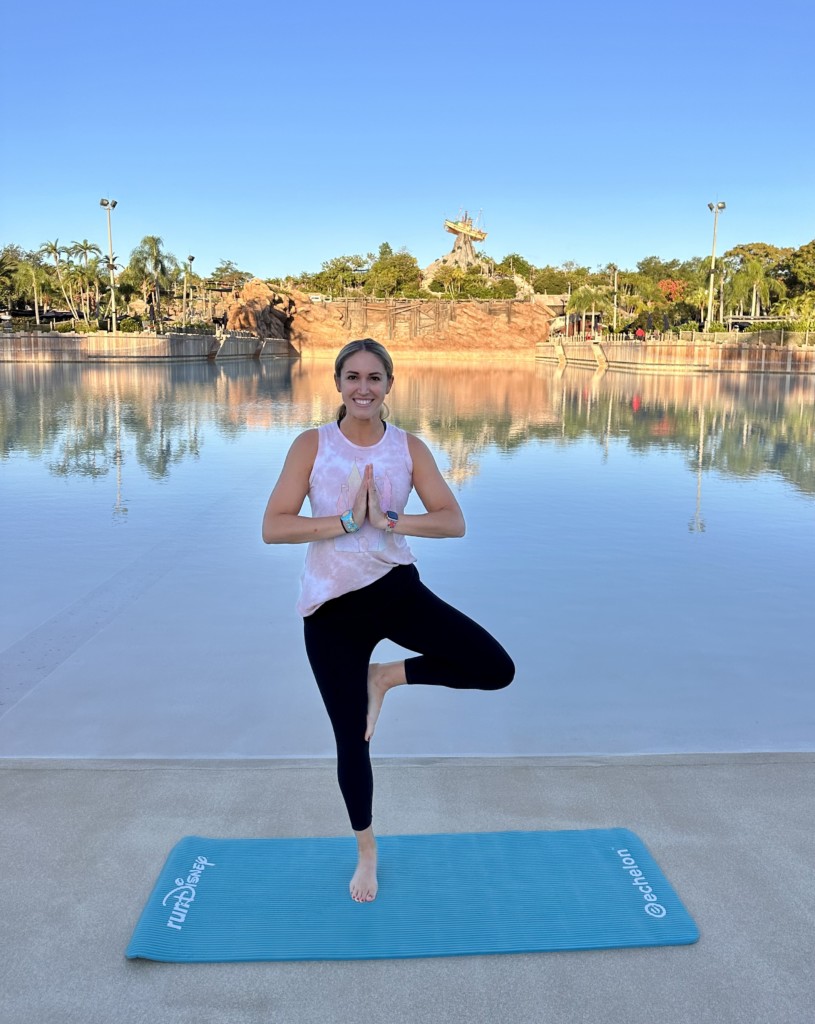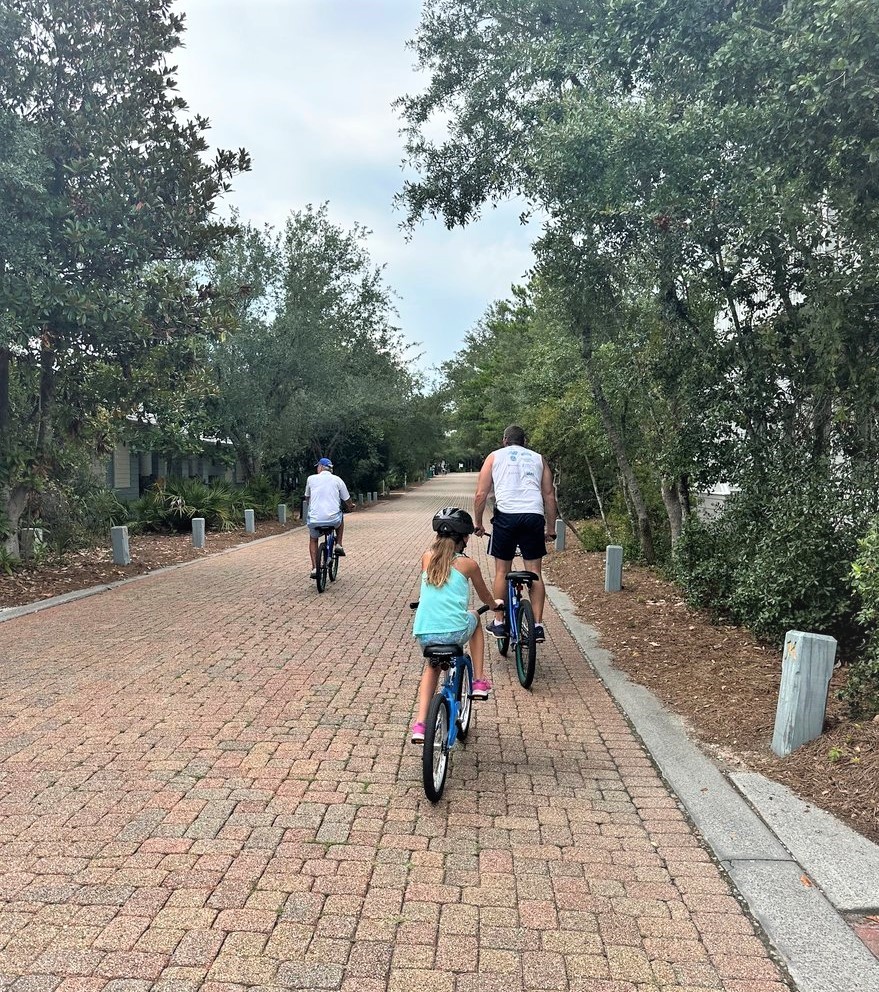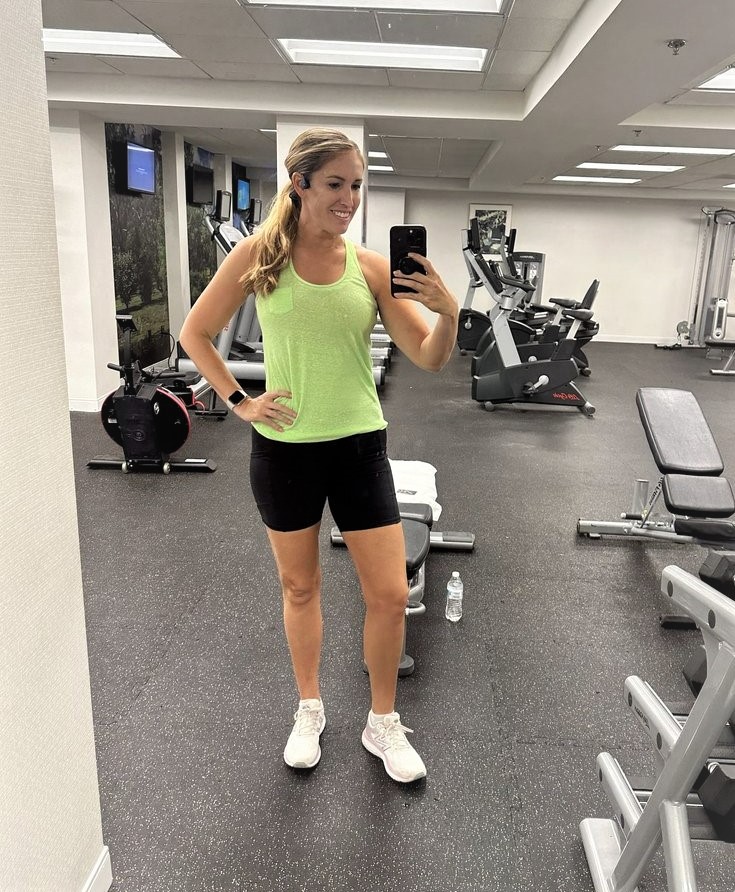For years, the image of exercise has been tied to long gym sessions, endless runs, or weekend mornings spent sweating through bootcamps, and although it’s totally true that that works for some people, for many others it’s the very reason they never start at all. After all, the idea that fitness requires huge chunks of time can feel overwhelming, especially if your schedule is already stretched with work, family, and everything in between.

The good news is that it doesn’t have to be like that, and short workouts aren’t only more manageable, they’re also surprisingly effective. With the right structure and consistency, quick sessions can build strength, improve endurance, and deliver results that feel just as satisfying as those marathon gym days.
Why Short Sessions Work So Well
The body responds to intensity, not just duration, and high-intensity bursts of exercise push muscles and the cardiovascular system harder in less time, forcing adaptation and growth. That’s why 15 or 20 minutes of focused effort can often beat an hour of half-hearted exercise.
There’s also the mental side to consider – knowing you only need to commit a short window of time makes it easier to stick to a routine, and instead of dreading a long session, you can look forward to something quick, powerful, and done before you’ve had the chance to talk yourself out of it.
Science Backs It Up
Research backs this up – studies on high-intensity interval training (HIIT) show that short sessions improve heart health, burn calories, and build endurance in ways similar to or better than traditional, longer workouts. On top of that, quick sessions also encourage consistency, which is often the biggest factor in seeing results. After all, the perfect program doesn’t matter if you never do it, so really the best workout is the one you’ll actually stick with.
Fitting Fitness Into Busy Days
One of the strongest arguments for short workouts is how easily they slot into real life… Ten minutes before your shower in the morning, a twenty-minute break at lunchtime, or a quick session after work… they don’t require rearranging your whole schedule. That accessibility means fewer excuses and more opportunities to actually move.
It’s also flexible. Some days you might have more energy and stretch it to 30 minutes, other days you might only manage 10, and that’s still progress, and unlike strict gym routines that feel like a burden if you miss a session, short workouts can adapt to whatever life throws at you.

The Role Of Quick Workouts In Weight Loss
When it comes to weight management, short workouts can be especially effective because the intensity spikes heart rate, burns calories, and supports metabolic changes that last even after the workout is finished, and that’s why so many people looking for weight loss workouts find that shorter, high-energy sessions fit their lifestyle better than long, time-consuming routines.
Pairing these workouts with everyday habits – walking more, choosing the stairs, being mindful about diet, for example – compounds the effect, and the key is aways consistency. Five short workouts a week will often bring more progress than one or two long ones you struggle to maintain.
Building Strength And Confidence
Quick workouts aren’t just about burning calories, they’re also about building strength, mobility, and confidence in your body. Short strength sessions with bodyweight or light equipment can improve posture, reduce aches, and give you a sense of physical control, and that’s the sort of benefit you notice in daily life when you’re doing things like carrying shopping bags, climbing stairs, or chasing kids around the park.
Confidence grows as the body changes, not just in appearance but in capability, and realising you can handle tough bursts of exercise without collapsing gives a sense of resilience that carries over into work, relationships, and even how you approach challenges outside the gym.
Mixing It Up Keeps It Fresh
Another strength of shorter workouts is variety. Because you don’t need to plan for a full hour, you can mix different styles through the week, like doing a quick cardio blast one day, a short yoga session the next, strength the following day, and so on. That essentially keeps the body guessing and the mind interested, and what’s really great is that it also reduces the risk of injury by avoiding repetitive strain from doing the same long workouts every time.
The beauty is in the flexibility – you’re not tied to a single way of doing things, and you don’t have to wait for the perfect circumstances to exercise, which means a small space at home, a park bench, or even a hotel room is enough for a quick session.

The Mental Boost
It’s not just the body that benefits from shorter workouts, and even ten minutes of movement releases endorphins, clears the head, and reduces stress, so for people juggling busy lives, that mental reset is sometimes more valuable than the physical benefits, and it’s a handy reminder that self-care doesn’t always need grand gestures, sometimes it’s just carving out a small bit of time to recharge.
Short workouts also build momentum because once you’ve done a quick session, you’re more likely to make other healthy choices throughout the day, so it’s a psychological boost that reinforces the effort you’ve already put in.
Tips For Making Quick Workouts Count
The trick with short workouts is focus, and to get the most from them, you need to make those minutes count, which means keeping rests short, exercises challenging, and distractions away. Setting a timer can help, as can planning your routine before you start so you don’t waste time deciding what to do next.
It’s also important to start small, and if you’re new to exercise, even five minutes of focused movement is a win, so over time, you can build intensity and duration as your fitness improves. The main goal is to establish a habit that feels achievable.
Final Thoughts
The idea that fitness requires long, gruelling sessions is outdated, and the truth is that quick workouts prove that intensity and consistency matter more than hours spent in the gym, and what makes them doubly good is that they fit into busy schedules, they support weight management, they build strength and confidence, and they even boost mental health.


You must be logged in to post a comment.